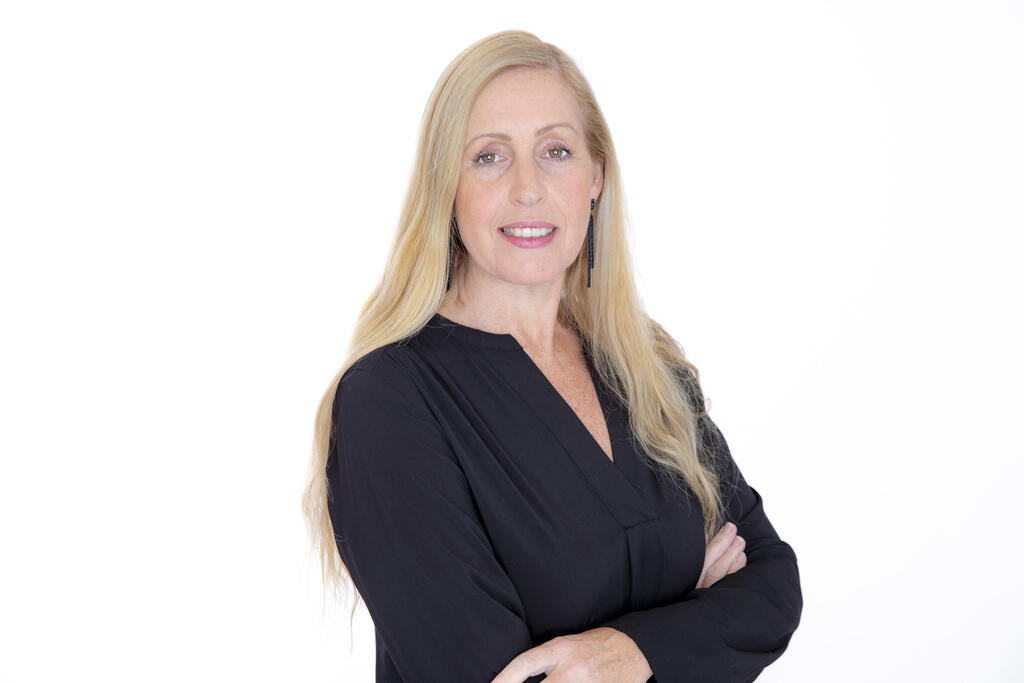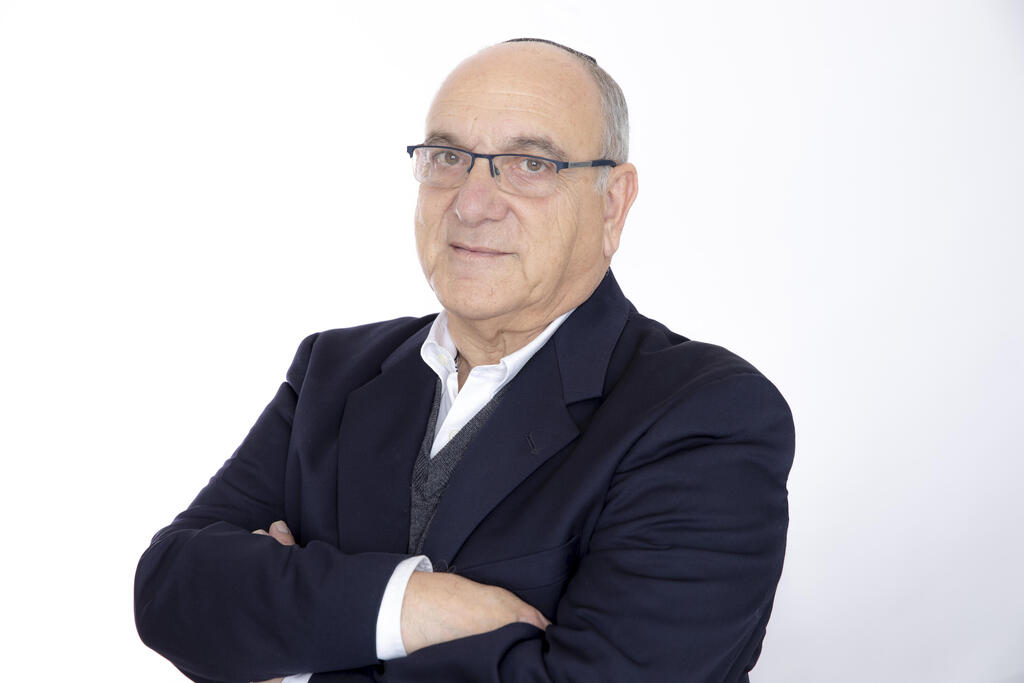For a myriad of reasons, single women in their 30s and early 40s begin looking into the option of freezing their egg.
Either from lifestyle considerations or from reasons of health, women often opt to delay parenting.
But such delay comes with the risk of cost both financially and emotionally, including for the procedure to freeze eggs.
Yael, is 35-years old and is living in a rented apartment with a friend in Central Israel. "Just before my 35th birthday, I began feeling like it's now or never," she said. "The biological clock is ticking and friends and family keep inquiring about when it will happen for me. My eggs are not getting any fresher. I had no significant other and started considering single motherhood. "That's why freezing the eggs felt like the right thing to do. I can buy myself more time while I focus on financial stability and meeting the man who I would like to be the father of my children," Yael said.
"But then came the issue of price. I found out the procedure could cost up to NIS 15,000 on top of the medication required. But I decided I won't let a price tag stand between me and parenting. I borrowed a bit from my parents, took from my savings and began the adventure that will hopefully end with a beautiful child of my own," she said.
An Israeli revolution in the field of egg freezing
About a decade ago, a law was passed allowing any woman over 30 to have her egg frozen, whether for medical or personal reasons. The caveat was financing. The woman must still carry 100% of the cost herself.
The gender equality committee in the Knesset recently discussed the possible contribution of state funds, but nothing has been determined yet.
Loria Shmueli, the financial service manager for the "Meuhedet" HMO, said: "The cost is exactly the reason why we have chosen to subsidize the process and help all women who wish to freeze their eggs. Money should never be the reason for giving up on the dream of parenting."
According to Shmueli, the number of women who seek the procedure is multiplies each year. The average age for women who come for help is 35.6.
"Obviously, increased awareness will increase the number of women who seek out this service," she said. "I believe that in the long term, there is social and economical significance in helping women who choose not to conceive at a younger age. Freezing eggs for a young woman carries a higher likelihood of conception, which saves a lot of money in fertility treatments later on."
What is the cost of the procedure?
"Overall it the cost is between 8000 and 12,000 NIS," she said. "We at Meuhedet subsidize about 60%, so we're talking of around NIS 4,000 for out-of-pocket costs. We're the only HMO that participates in the cost, for non-medical reasons as well. We feel it's important to give every woman a structure of support from the planning phase all the way to postnatal care," she said.
Dr. Benny Chen, a gynecologist and manager of women's medicine at Meuhedet, said: "Women around the world choose to delay pregnancy until their late 30s and early 40s, but many at that point have to go through complicated fertility procedures like artificial insemination. The awareness for fertility preservation is thankfully on the rise," he said.
"I come across many women who have delayed their child rearing plans for all sorts of reasons and experience trouble conceiving, so they make the decision to freeze their eggs. I encourage all women over 30 to ask their doctor about the procedure, before it's too late," he said.
What happens to the quality of the eggs as the woman matures?
"Each woman is born with about half-a-million of them. Ovulation starts at around 12 or 13, and every month she loses some of them. As opposed to sperm which regenerates all the time, women are born with a finite number that runs out. It's not just the number, though. Their quality deteriorates as well. That's why some children born to older women can have a higher rate of down syndrome. That's why it's crucial to do it earlier rather than later."
Do obstetricians raise the issue of egg preservation on their own with their patients?
"I recently released new guidelines to all obstetricians in Meuhedet to raise the issue the same way they would about early cancer screenings and pap smears, and if need be, refer them to a fertility doctor."
What is the level of awareness about this in Israel?
"It's fairly high, as the issue is at the forefront in this country, but we still have aways to go. It's like telling a 20-year-old to prepare a pension plan and then he finds himself without one, at 55. The same is true for women and fertility. Telling them to start thinking about it in their 20s often falls on deaf ears. In terms of the female body, though, that's the right time to start considering it," he said.




